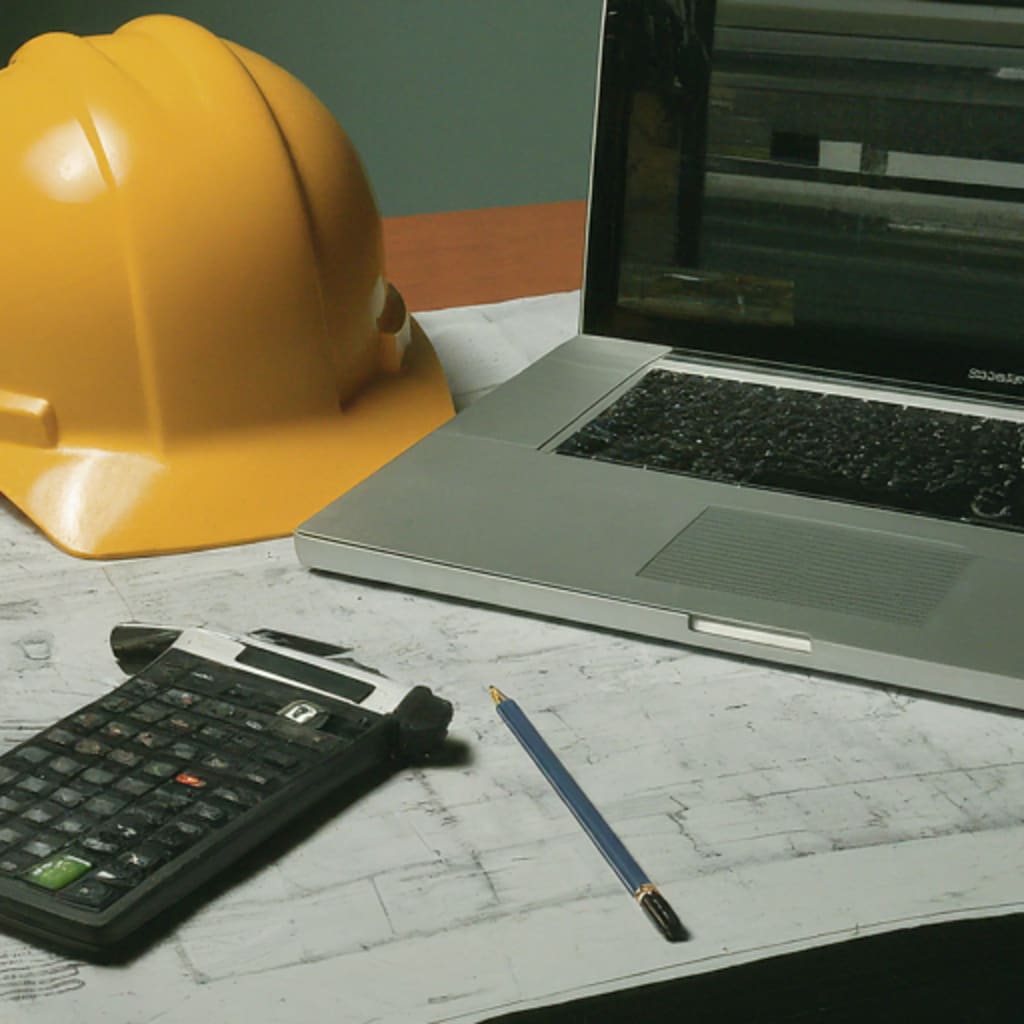The Role of Technology in Modern Construction Estimation
Harnessing Technology for Precision and Efficiency in Construction Estimation

In the realm of construction, technology has fundamentally reshaped how projects are estimated and managed. The integration of advanced tools and software has not only improved accuracy but also enhanced efficiency in construction estimation practices. This article explores the pivotal role of technology and its transformative impact on modern construction estimation.
Evolution of Construction Estimation
Traditional Methods vs. Technology-Driven Approaches
Historically, construction estimation relied heavily on manual calculations, blueprints, and labor-intensive processes. Estimators meticulously calculated costs based on material quantities, labor rates, and project specifications. While effective, these methods were prone to human error and time-consuming.
Enter Technology: Changing Estimation Practices
Today, technological advancements have revolutionized construction estimation. Estimators now utilize sophisticated software and digital tools that automate calculations, perform digital takeoffs directly from project plans, and access real-time pricing databases. These tools streamline the estimation process, significantly improving accuracy and efficiency.
Key Technological Advances in Construction Estimation
1. Building Information Modeling (BIM)
Building Information Modeling (BIM) has emerged as a cornerstone of modern construction estimation. BIM enables detailed 3D modeling of projects, integrating architectural, structural, and MEP (mechanical, electrical, plumbing) components into a unified model. Estimators can extract precise material quantities and project costs directly from BIM models, minimizing discrepancies and optimizing resource allocation.
2. Cloud-Based Estimation Software
Cloud computing has revolutionized collaboration and data accessibility in construction estimation. Cloud-based estimation software allows multiple team members to work simultaneously on estimates, ensuring consistency and accuracy across project documentation. Cloud solutions offer scalability, remote accessibility, and enhanced security, facilitating seamless project management.
3. Artificial Intelligence (AI) and Machine Learning
AI and machine learning technologies are driving innovation in construction estimation. AI algorithms analyze historical data to predict project costs, identify trends, and optimize resource allocation. Machine learning models continuously improve accuracy by learning from past project outcomes, enhancing predictive capabilities and risk management strategies.
Benefits of Technology in Construction Estimation
Better Accuracy and Efficiency
Digital tools and software applications reduce human error and provide precise calculations, enhancing the accuracy of construction estimates. Real-time access to market data and material costs enables estimators to make informed decisions, ensuring competitive bidding and profitability.
Streamlined Workflows
Automation and digital workflows streamline the estimation process, allowing estimators to focus on strategic analysis and decision-making. By automating routine tasks such as quantity takeoffs and cost calculations, technology accelerates the preparation of bids and proposals, improving responsiveness to client requirements.
Improved Project Transparency and Communication
Technology promotes transparency by centralizing project data and documentation in accessible platforms. Stakeholders can collaborate in real-time, facilitating clear communication and alignment throughout the project lifecycle. Enhanced transparency mitigates risks and promotes accountability, fostering trust among project teams and stakeholders.
The Future of Construction Estimation
As technology continues to evolve, the future of construction estimation promises further advancements. Emerging technologies such as IoT (Internet of Things) sensors for real-time data collection, augmented reality (AR) for virtual project simulations, and advanced analytics for predictive insights are poised to revolutionize the industry. Embracing these innovations will enable construction firms to optimize efficiency, minimize risks, and deliver successful projects in an increasingly competitive market.
Embracing Technological Innovation
The integration of technology in construction estimation not only enhances operational efficiency but also fosters innovation and sustainability within the industry. Contractors are increasingly adopting integrated platforms that combine BIM, AI, and cloud computing to streamline project management and improve decision-making processes. Embracing technological innovation enables firms to stay ahead of the curve, offering clients enhanced value through accurate estimates, timely project delivery, and cost-effective solutions.
Conclusion
Technology has completely changed construction estimation, giving companies new ways to be efficient and competitive. By using these new tools and staying open to more innovations, estimators can handle complex projects confidently and successfully. For more tips on using technology in construction estimation, visit Build An Estimate today.
About the Creator
Willard Glover
Build an Estimate, is a professional cost estimation consultancy specializing in providing detailed construction cost estimates.
Enjoyed the story? Support the Creator.
Subscribe for free to receive all their stories in your feed. You could also pledge your support or give them a one-off tip, letting them know you appreciate their work.






Comments
There are no comments for this story
Be the first to respond and start the conversation.